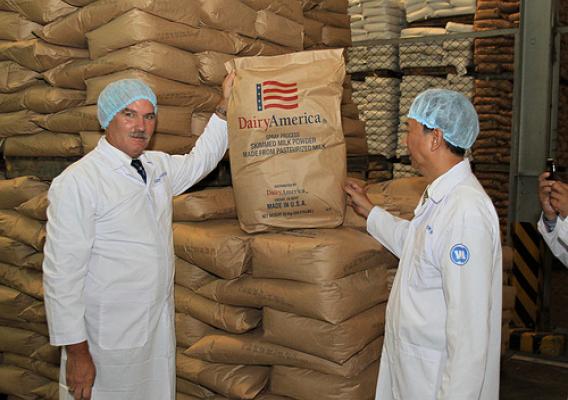Risk management doesn’t mean trying to address all risks in all ways, “riding off in all directions,” spending money, time, energy, and social capital trying to drive every risk we identify to zero. There is no shortage of risks to manage. But neither does it mean just “hunkering down,” waiting to see what happens. No-action can be the riskiest action of all. And it’s not a very good way to learn. To learn forward, you have to lean forward. As my grandfather told me, “You can’t steer that bicycle unless you get it moving.”
Risk management is useful for helping us to decide and to explain how we have decided what not to do as much as what to do. It doesn’t make the decisions any easier, but it can help us make tradeoffs and opportunities more clear and guide us to making the highest possible reduction across multiple risks. We will need all the help we can get in sorting through which risks to handle first and how far to go in reducing particular risks.



